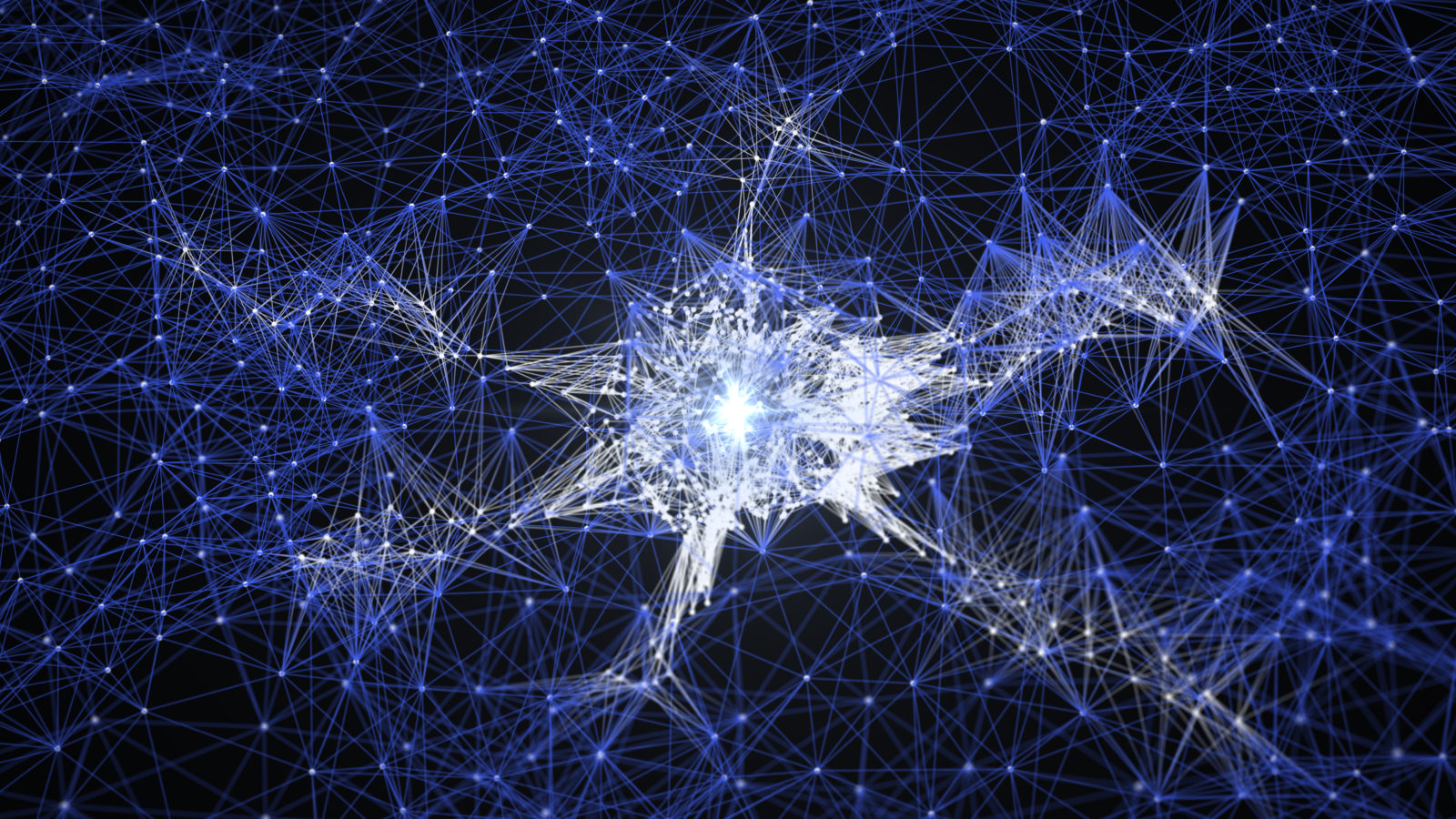The National Science Foundation and Advancement in Artificial Intelligence
Early in his career, IEEE fellow and retired National Science Foundation program director Paul Werbos developed the neural network training algorithm known as error backpropagation, which has been foundational to the vast majority of today’s advances in artificial intelligence. Listen in as he discusses his work in this area and other topics, including his tenure with the National Science Foundation, which he described as the greatest temple of truth in the history of humanity.
Show Notes
- 0:01:42 | Introducing Dr. Paul Werbos
- 0:02:50 | Werbos’s error backpropagation algorithm
- 0:07:56 | Marvin Minsky and neural networks
- 0:10:51 | Recurrent neural networks and feedback
- 0:12:51 | Harvard & MIT’s Cambridge Project
- 0:13:55 | Werbos’s “flash of genius”
- 0:18:54 | Pushback from the PhD committee
- 0:22:34 | Dynamic feedback
- 0:26:20 | Does a version of error backpropagation occur in the human brain?
- 0:31:27 | Overcoming NSF disinterest in neural networks
- 0:41:27 | Convolutional neural networks
- 0:46:37 | Deep learning
- 0:49:19 | How is the NSF doing?
- 0:55:34 | Recent major advances in machine intelligence
- 0:59:42 | “The greatest temple of truth in human history”
- 1:07:28 | The state of the NSF since 2014
- 1:14:49 | Big Tech in technical development
- 1:18:03 | David Deutsch’s multiverse model
- 1:22:29 | The hidden variable and Bell’s theorem
- 1:26:09 | Hardcore Einstein realism
- 1:30:47 | Deutsch’s theory of quantum Turing machines
- 1:37:41 | D-Wave and quantum annealing
- 1:40:45 | What is annealing?
- 1:43:06 | What’s the big deal about quantum annealing?
Additional Resources
- Dr. Paul Werbos at IEEE.org
- Paul Werbos’s website
- Paul Werbos’s PhD dissertation introducing error backpropagation used today to train artificial neural networks
- Talking Nets: An Oral History of Neural Networks at Amazon.com
- Paul Werbos’s 1972 Proposal to Harvard for Backpropagation and Intelligent Reinforcement System
- Artificial Intelligence in the Age of Neural Networks and Brain Computing on Amazon.com
- NSF Award granted to Andrew Ng and Yann LeCun
- “Mind, Brain and Soul From the Viewpoint of Mathematical Realism” at www.werbos.com
- Computers and Thought on Amazon.com
- John von Neumann, Hungarian-American mathematician, physicist, and computer scientist
- Perceptrons: An Introduction to Computational Geometry by Marvin Minsky and Seymour A. Papert on Amazon.com
- Paul Erdős, Hungarian mathematician
- Alonzo Church, American mathematician
- Alan Turing, British mathematician and logician
- Jean-Baptise Fourier, French mathematician and physicist
- György Buzsáki, Biggs Professor of Neuroscience at New York University School of Medicine
- Barry Richmond, Principal Investigator at NIH
- The National Science Foundation’s website
- Geoffrey Hinton, British-Canadian cognitive psychologist and computer scientist
- DDDAS: Dynamic Data Driven Application Systems at NSF.gov
- Vannevar Bush, American engineer & inventor
- “Science the Endless Frontier” (A Report to the President by Vannevar Bush, 1945) at nsf.gov
- Joe Bordogna, NSF Deputy Director 1999-2005
- TensorFlow
- Sergey Brin, American computer scientist and entrepreneur
- David Deutsch, British physicist
- Hugh Everett, American physicist
- John Wheeler, professor of physics at Princeton University
- Norbert Wiener, American mathematician and philosopher
- “Analog quantum computing (AQC) and the need for time-symmetric physics” by Paul J. Werbos and Ludmilla Dolmatova at Werbos.com
- Werbos’s YouTube video on True Quantum Annealing
- David Deutsch’s model of reality on YouTube
